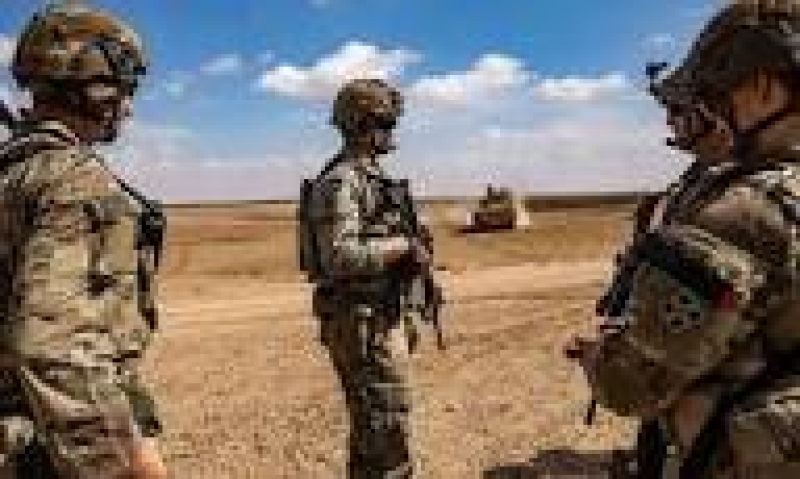- BSF halts fencing at Joypurhat border after BGB intervention |
- 30 NCP leaders urge Nahid Islam not to form alliance with Jamaat |
- Tarique offers fateha at graves of Pilkhana martyrs, father-in-law |
- Navy detains 11 over smuggling diesel, cement to Myanmar |
- Investors stay away as stocks turnover drops 7% despite index gains |
Iraq and US Agree on Phased Coalition Troop Withdrawal

Iraq and the United States have reached an agreement on a phased withdrawal of US-led coalition forces, though a final deal has yet to be signed, according to Iraqi Defence Minister Thabet al-Abbassi. Speaking to Al-Hadath on Sunday, Abbassi outlined a plan for coalition troops to leave bases in Baghdad and other parts of federal Iraq by September 2025 and from the autonomous Kurdish region by September 2026.
The US currently maintains approximately 2,500 troops in Iraq and 900 in Syria as part of the international coalition against the Islamic State group. Despite prolonged negotiations, no specific timeline for withdrawal has been officially set.
Abbassi noted that US Secretary of Defense Lloyd Austin had suggested a three-year timeframe for the withdrawal, but this proposal was rejected by Iraq. The phased withdrawal plan is expected to be formalized in the coming days.
The coalition forces have faced numerous attacks, including drone and rocket strikes, amid escalating violence related to the Israel-Hamas conflict. In response, US forces have conducted retaliatory strikes against Iran-backed armed groups in both Iraq and Syria.
Although the Islamic State group, which once controlled significant parts of Iraq and Syria, was defeated by 2017 in Iraq and by 2019 in Syria, remnants of the group continue to operate in remote areas. Iraqi security forces assert that they are capable of handling these remnants independently, as the group no longer poses a significant threat.

